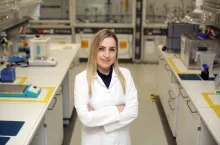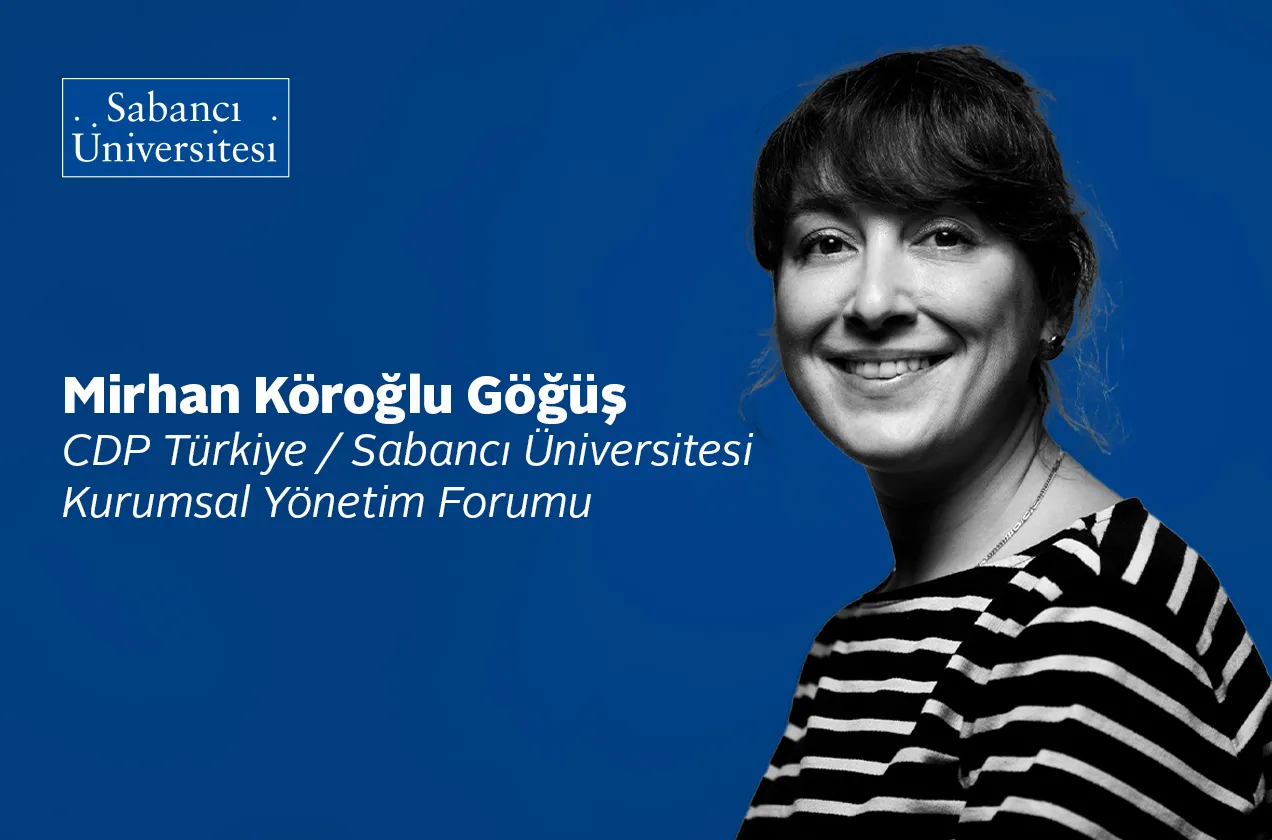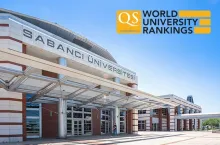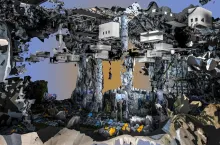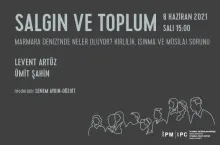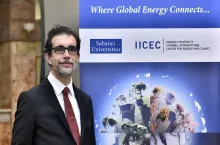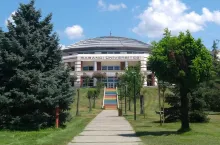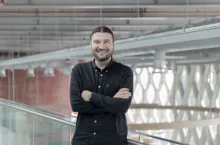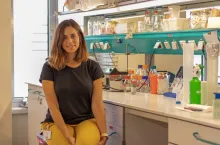04/08/2021
The project which Burcu Saner Okan, faculty member of Sabancı University Integrated Manufacturing Technologies Research and Application Center (SU IMC), coordinates and has submitted in collaboration with Arçelik has been found worthy of support in the framework of the TÜBİTAK 1505 University-Industry Cooperation Support Program.
